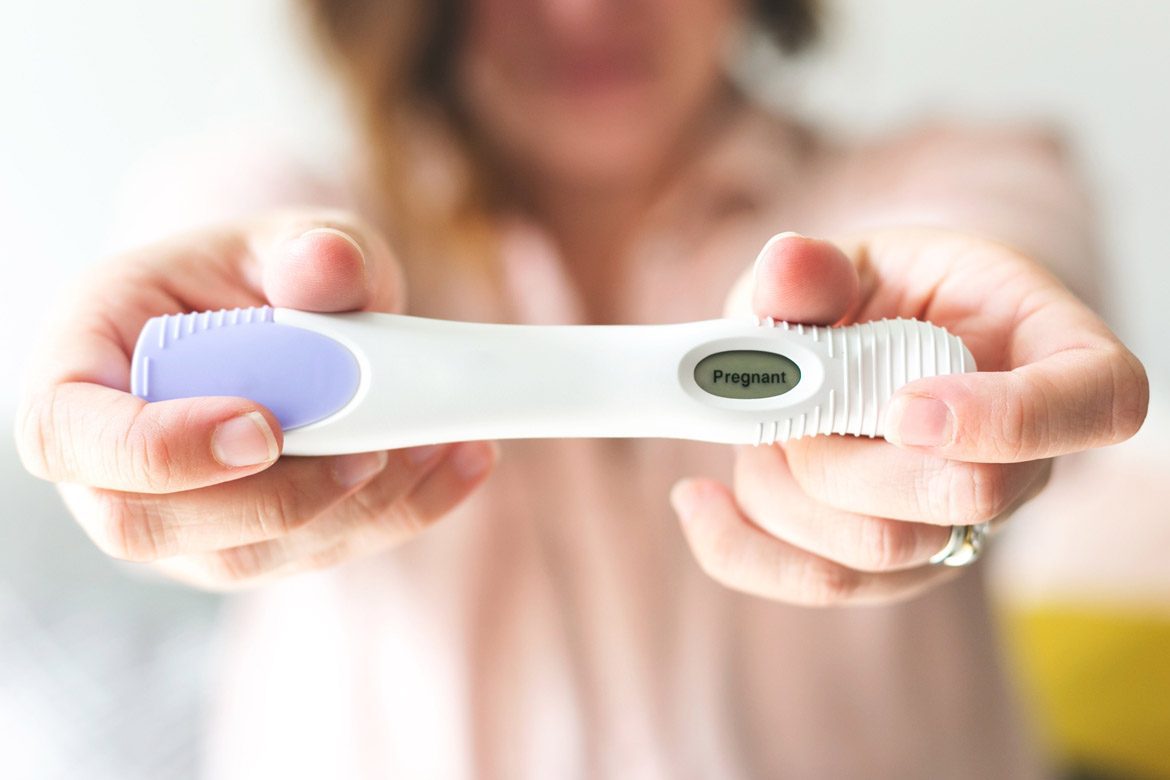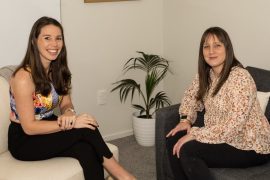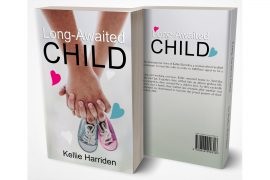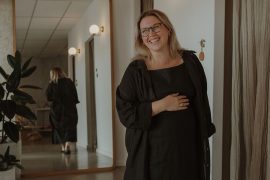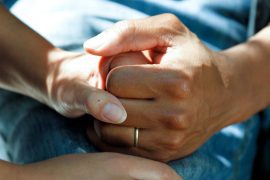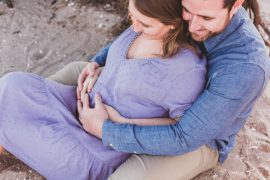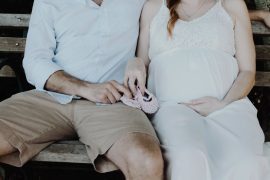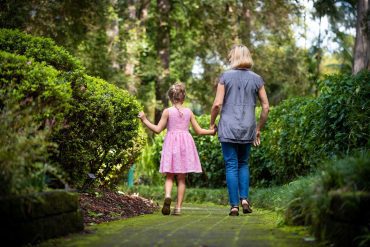By Hannah Schenker
Women who have a miscarriage after their first round of IVF can take hope. They are “more likely to have a baby” after further treatment, than women who do not get pregnant at all, a new study from the University of Aberdeen has found.
The researchers hope that the results will offer new hope to mothers undergoing treatment who suffer a miscarriage, encouraging them to keep trying.
The study, published on September 20 2017 in Human Reproduction looked at data from more than 112,000 women who started IVF treatment between 1999 and 2008.
They found that the chance of conceiving through further cycles of IVF was about 10% higher for those who had had a miscarriage after the first round of treatment.
The study was carried out by 4th year medical student Natalie Cameron, led and supported by Dr David McLernon, Prof Siladitya Bhattacharya, and Dr Sohinee Bhattacharya.
Ms Cameron said: “Miscarriage can be a devastating experience for any couple, but especially for those who have already struggled with infertility. This, coupled with the emotional and financial burden of multiple cycles of treatment can make many couples lose confidence and give up.
“We hope our findings will provide reassurance to these couples as they consider their options for continuing treatment.”
The most important factor affecting success rates is female age. Couples embarking on an IVF treatment cycle can expect that:
- Under 35 nearly half will have a baby
- At 37 years of age a third will have a baby
- At 39 a quarter will have a baby
- At 40 a fifth will have a baby
- At 42 one in 10 will have a baby
(source)
You can read more about the study results HERE.

